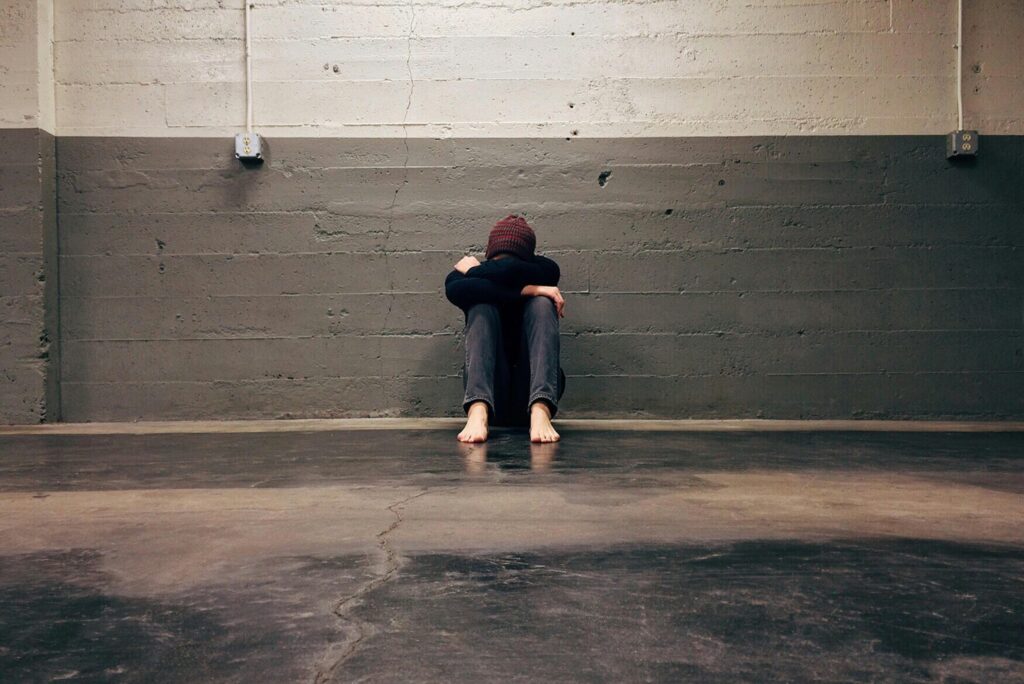Separation is often an emotionally draining time, but it’s also a stage where many legal rights begin to take shape—especially for women.
Whether you’re formally separated or living apart without a court decree, Indian law offers a range of protections to ensure you’re not left financially or socially vulnerable.
These rights exist across personal laws (like Hindu or Muslim law) and civil statutes like the Criminal Procedure Code and Protection of Women from Domestic Violence Act, 2005.
One of the most important rights a wife has after separation is the right to maintenance. Even if you’re not divorced, if your husband has refused to support you financially, you can file for interim or permanent maintenance.
Under Section 125 of the Criminal Procedure Code, a wife who cannot maintain herself can seek monthly financial support from her husband—even if the marriage is ongoing.
| Right | Legal Basis | What It Means |
|---|---|---|
| Maintenance | CrPC Section 125 / Personal laws | Financial support for living expenses |
| Right to Residence | Domestic Violence Act, 2005 | Right to live in the shared household |
| Child Custody | Guardians and Wards Act / Personal laws | Mothers can claim custody, especially for minors |
| Property & Streedhan | Indian Evidence Act / Dowry Prohibition Act | Right to claim gifts and belongings from marriage |
| Protection from Abuse | Domestic Violence Act | Legal remedies if there’s mental or physical harm |
Even if a wife does not own the home or is not named on the lease, she has the legal right to reside in the “shared household”. The Protection of Women from Domestic Violence Act ensures this, regardless of who owns the property.
If the husband tries to evict her or cuts off basic support, courts can issue residence and protection orders.
Streedhan—everything a woman receives as gifts, jewellery, or property during marriage—is her legal property. Courts recognise her absolute right to this, and if it is held by in-laws or the husband, she can demand its return through a complaint or civil suit.
If you’re planning to legally end the marriage, read our blog on How to File for Divorce in India: A Beginner’s Guide to understand the legal process and your options.
A separated wife can also apply for custody of her children. Courts generally favour mothers for younger children, but custody decisions are based on the child’s welfare, not just parental rights. Maintenance for children is also a part of this legal protection.
Importantly, even during separation, you do not lose your legal status as a wife—which means you retain all marital rights unless formally divorced. If you were married under Hindu law or the Special Marriage Act, these protections continue unless legally set aside by the court.
Separation in India doesn’t require a formal court order—living apart with or without mutual understanding can still grant legal protection.
But it’s important to use the law to your advantage, especially when facing financial stress, lack of shelter, or emotional abuse.
If your husband refuses to pay for daily expenses, you can file a maintenance claim under Section 125 of the Code of Criminal Procedure (CrPC).
It applies to wives of all religions and does not require proof of cruelty or divorce—just that the husband has neglected or refused to maintain you despite having means.
If you’re facing abuse—verbal, emotional, economic, or physical—you can seek protection under the Protection of Women from Domestic Violence Act, 2005. This Act allows a separated wife to get:
- Residence orders (you cannot be forced out of the shared household)
- Protection orders (to prevent further abuse)
- Monetary relief (to cover expenses and losses)
- Custody orders (interim custody of children)
If you’re entitled to Streedhan—gold, gifts, or money given at the time of marriage—it remains your legal property. Under Section 14 of the Hindu Succession Act and the Dowry Prohibition Act, courts can order its return even if it’s held by in-laws.
Custody and education of children can also be addressed during separation. You can approach the court under the Guardians and Wards Act, 1890 or file for interim custody as part of a protection or maintenance case.
If you’re unsure how your separation affects maintenance and housing rights, we explain it clearly in What Is Maintenance and Who Can Claim It?
Legal separation doesn’t mean you have no identity—it means the law steps in to protect your dignity, financial security, and mental well-being.
FAQs
1. Do I lose my marital rights after separation?
No. Until divorce is legally granted, you remain a lawful wife and retain all legal rights.
2. Can I ask for maintenance without filing for divorce?
Yes. You can claim maintenance under Section 125 CrPC or your personal laws even while still married.
3. What if my in-laws hold my jewellery and gifts?
You can file for return of Streedhan under the Dowry Prohibition Act or through a Domestic Violence petition.
4. Can I claim residence in my husband’s house after separation?
Yes, under the Domestic Violence Act, you can seek residence rights in the shared household.
5. What about the children? Can I keep them with me?
Yes, courts often grant custody to mothers—especially for young children—based on the child’s best interest.



